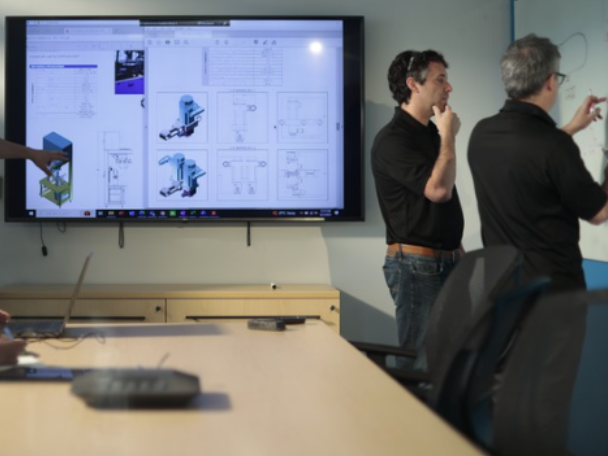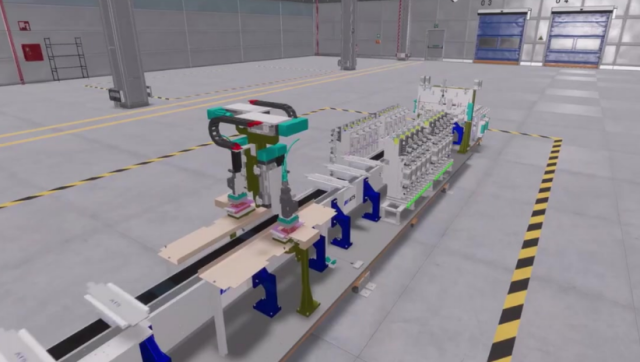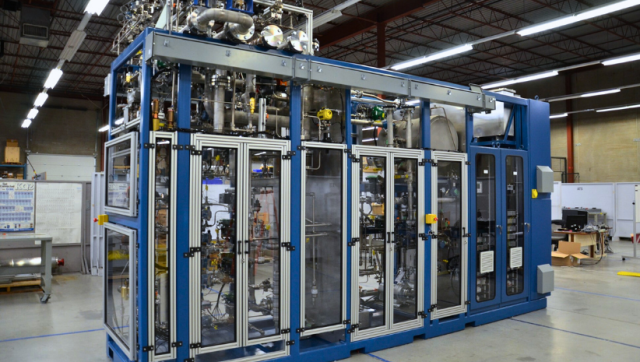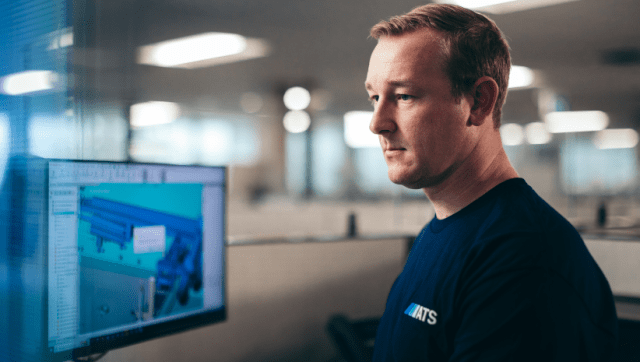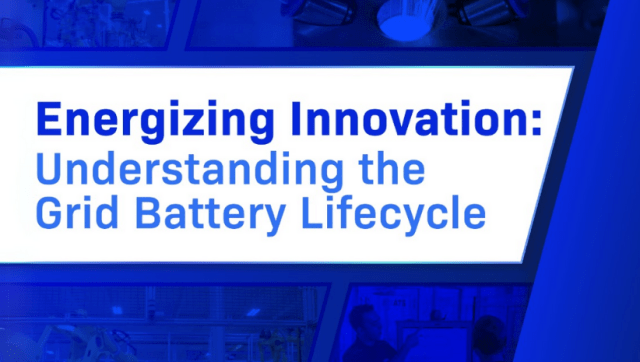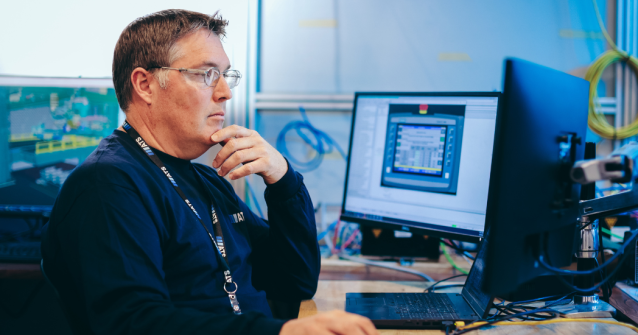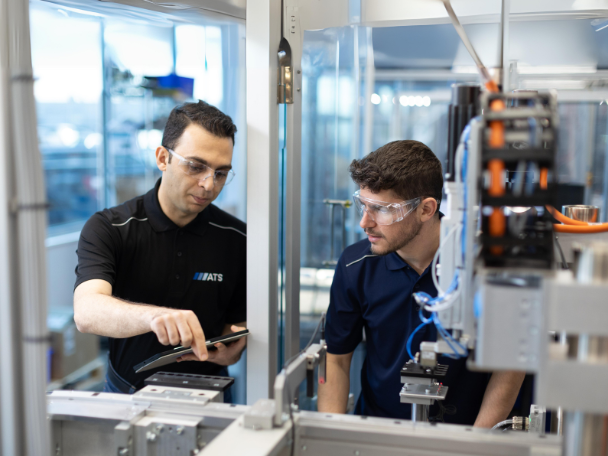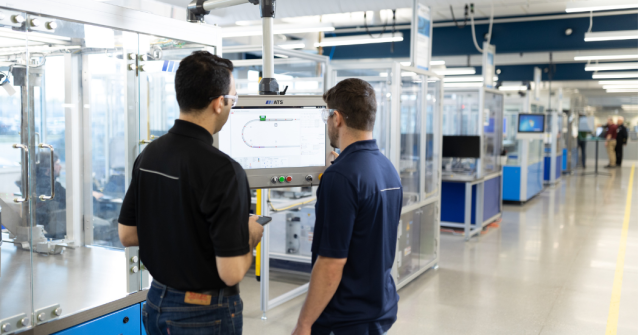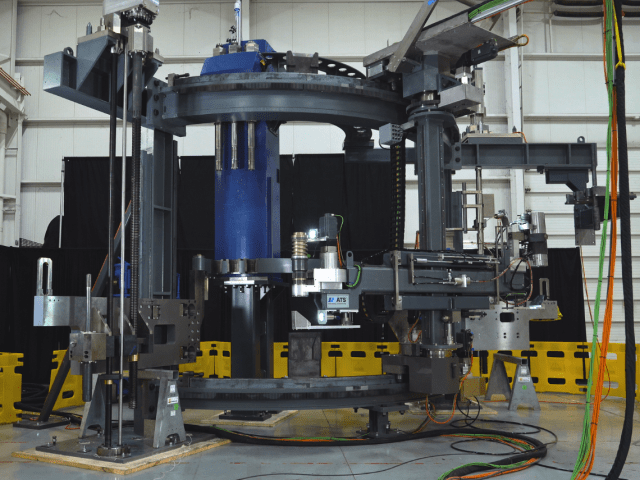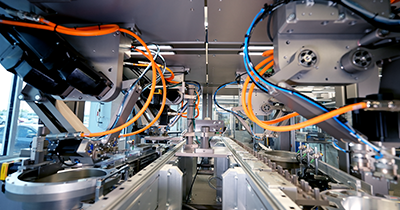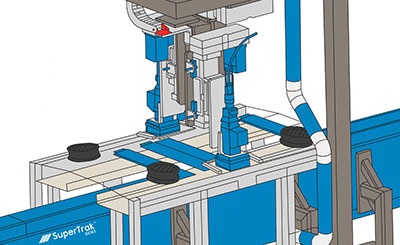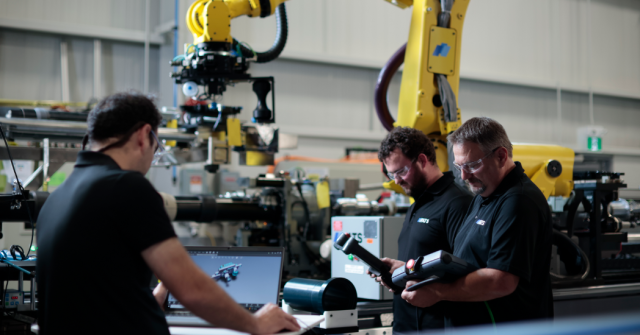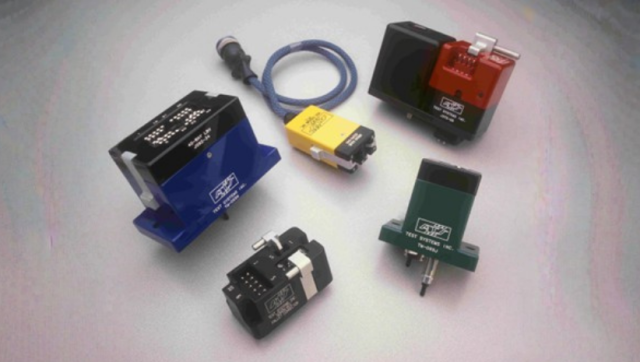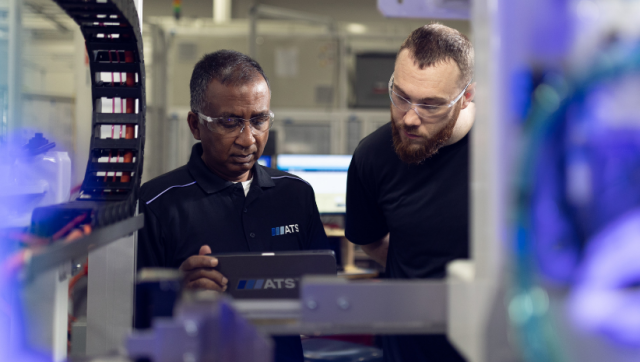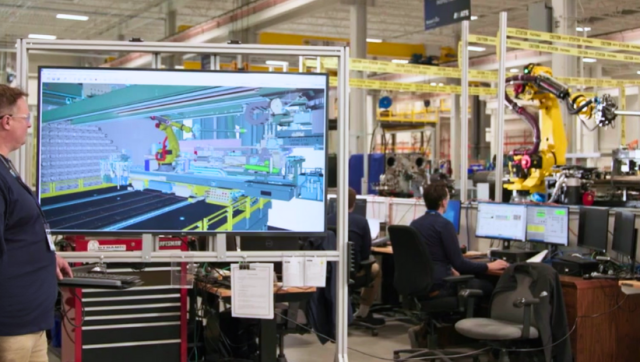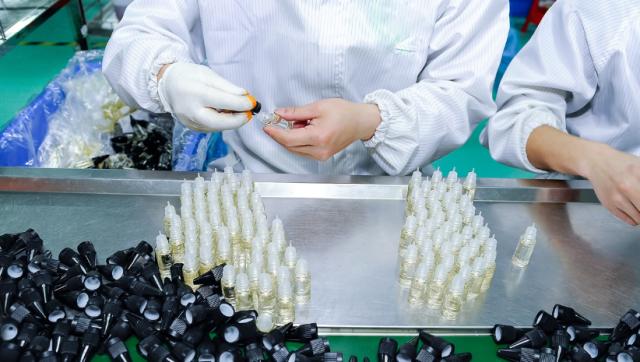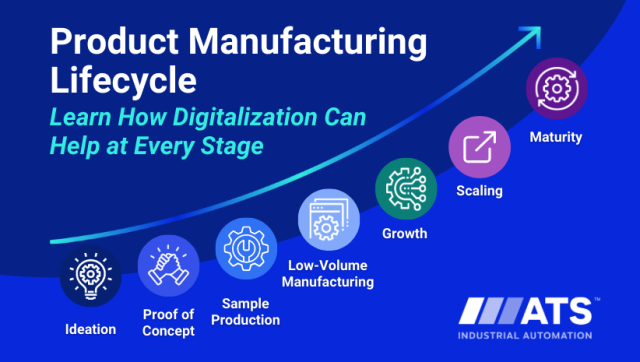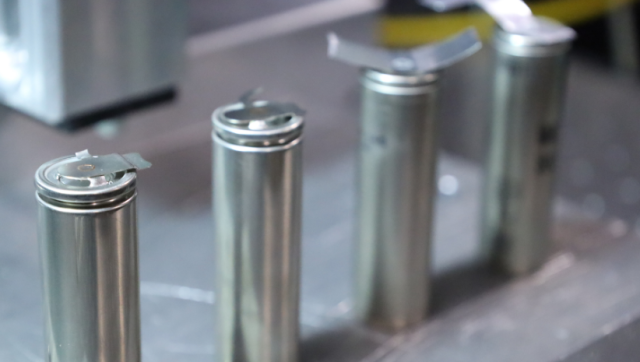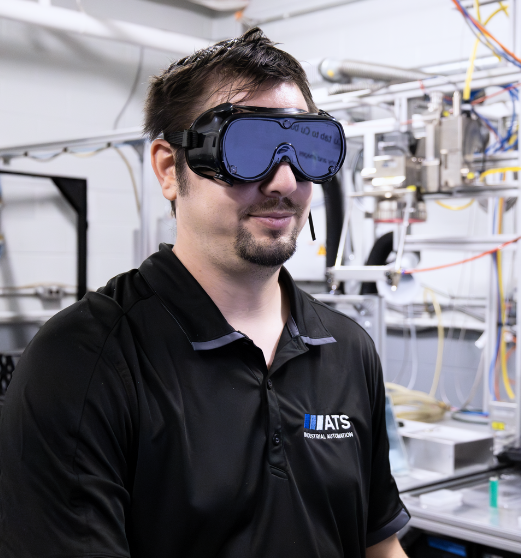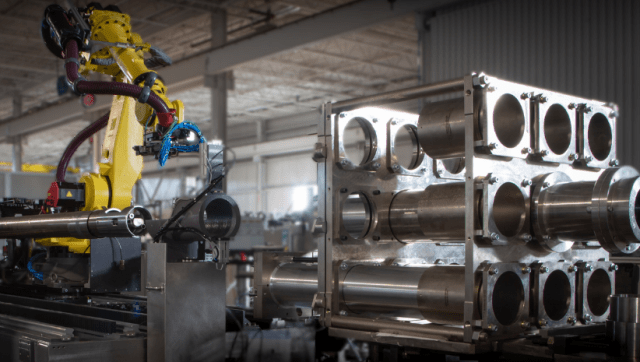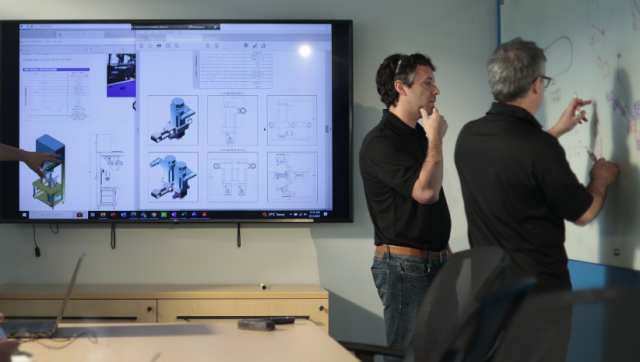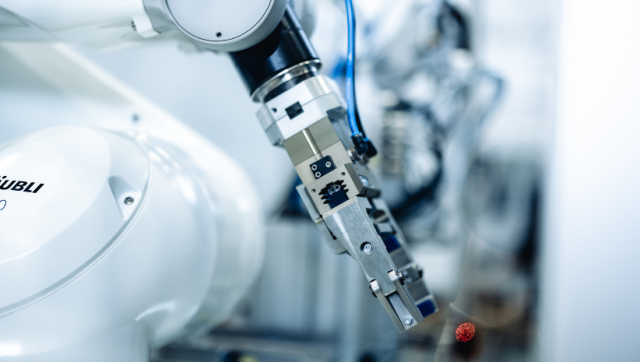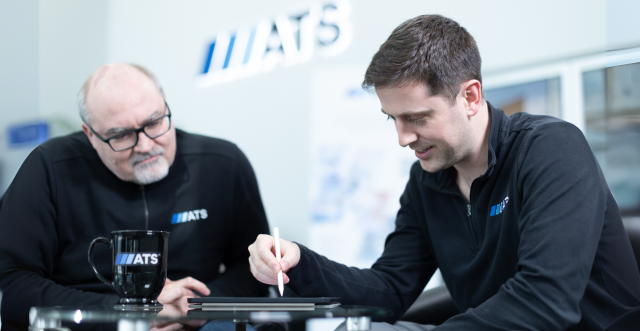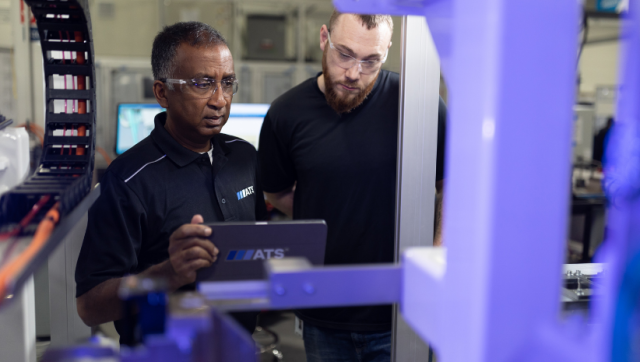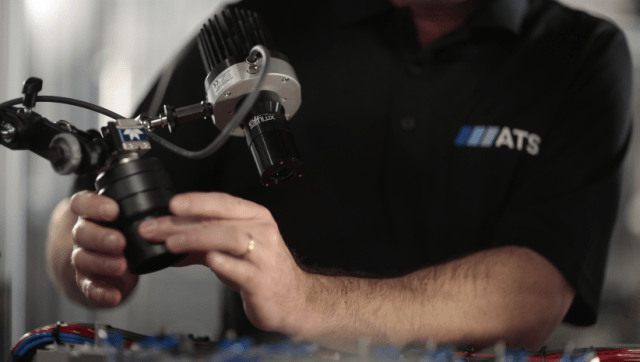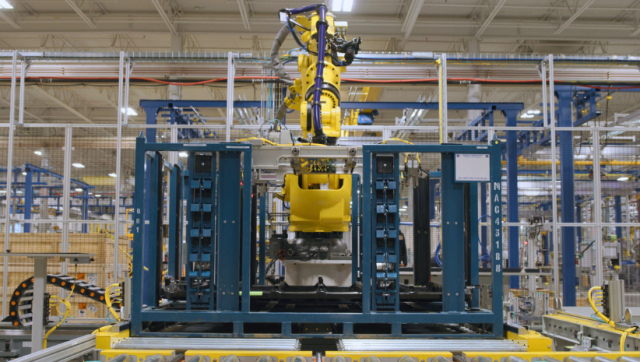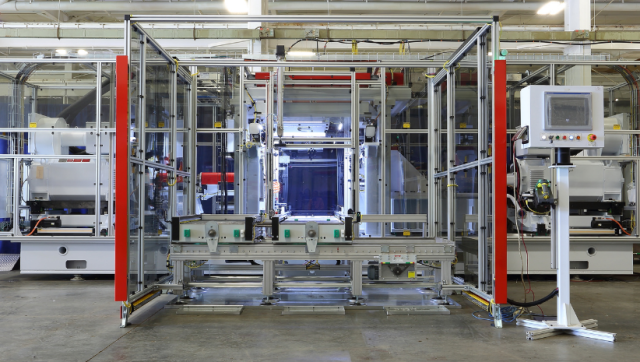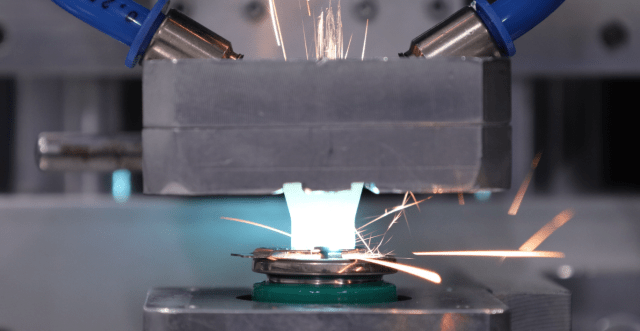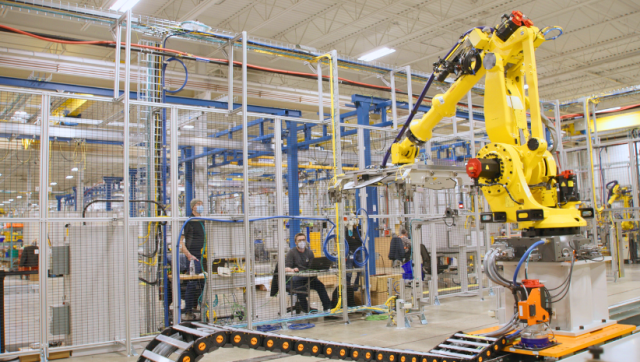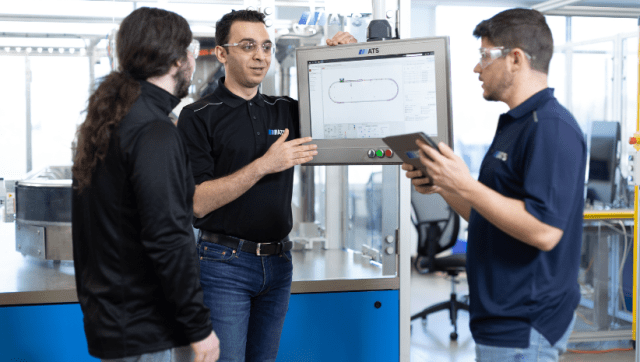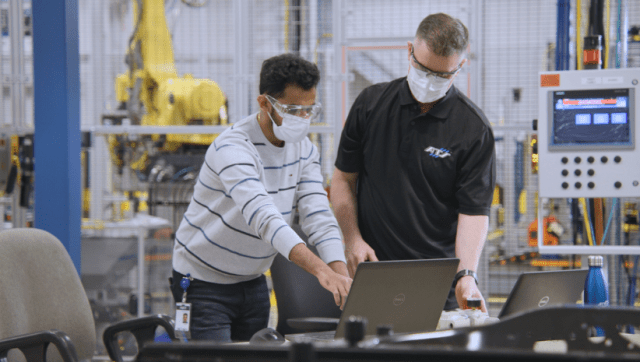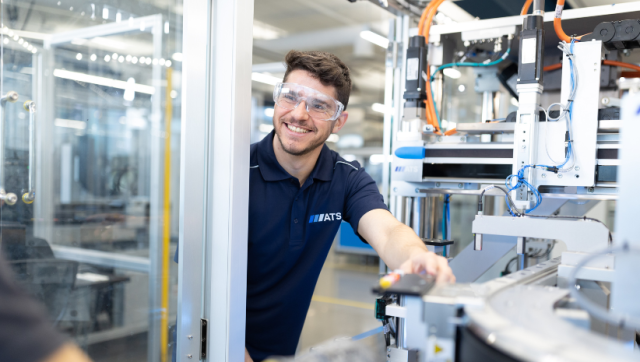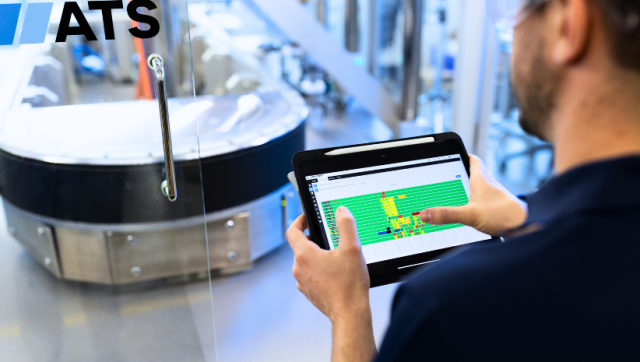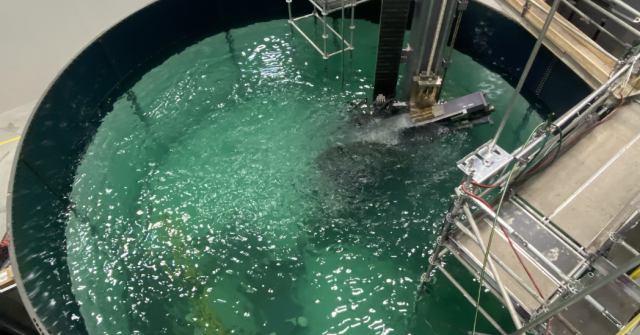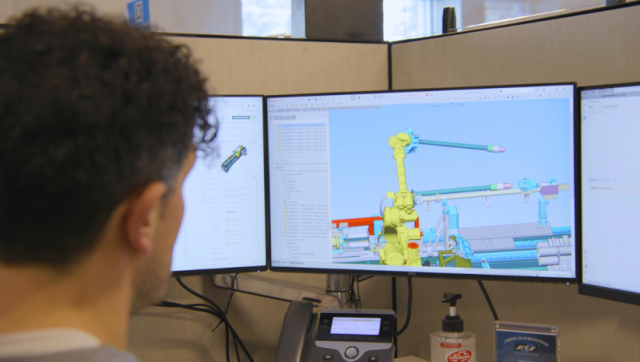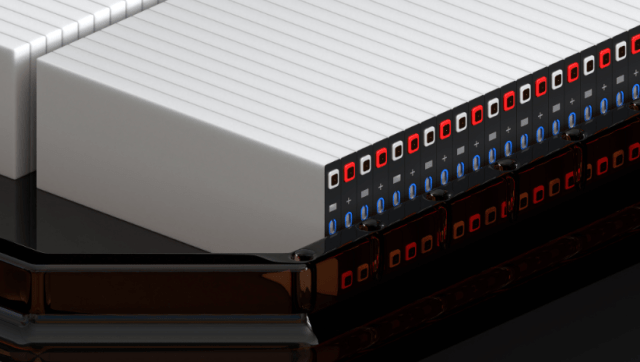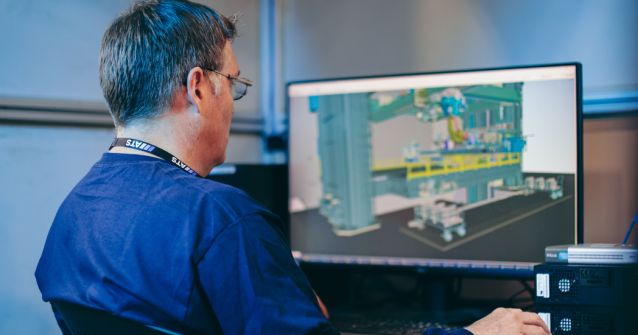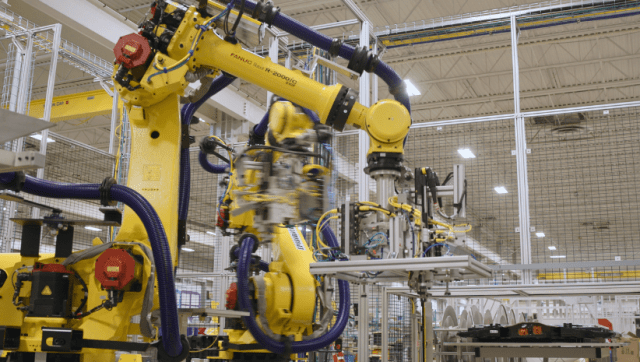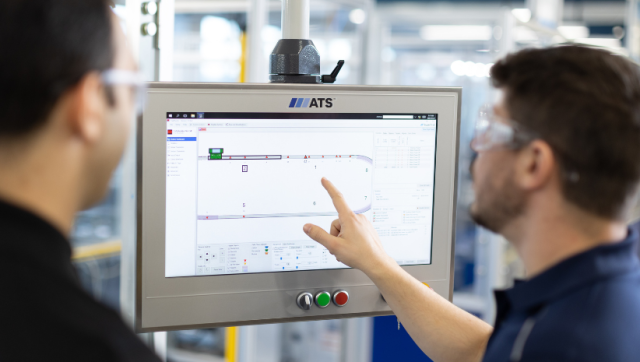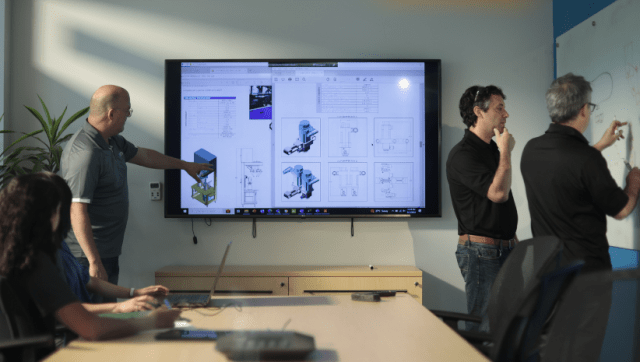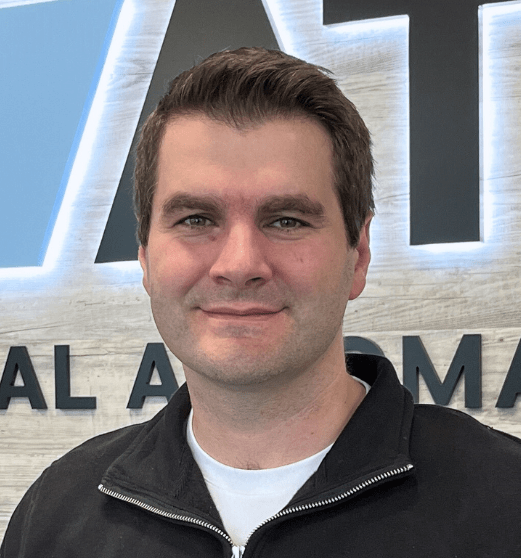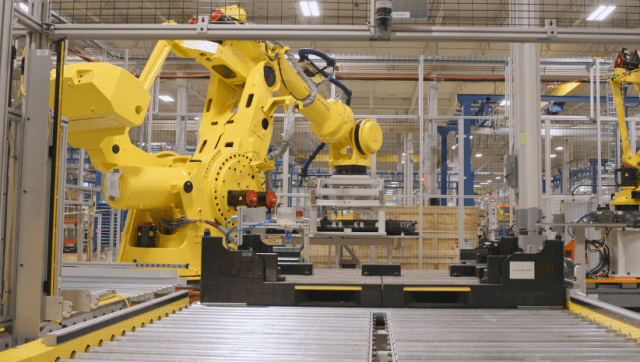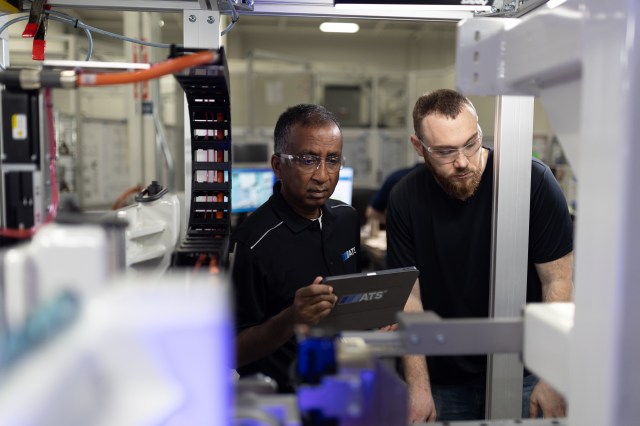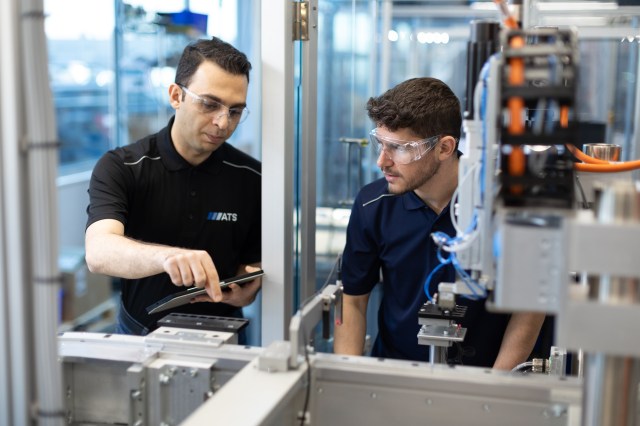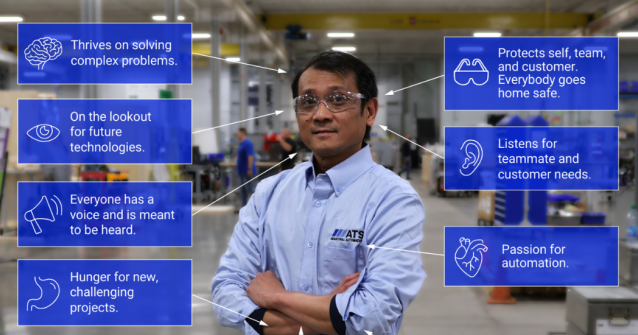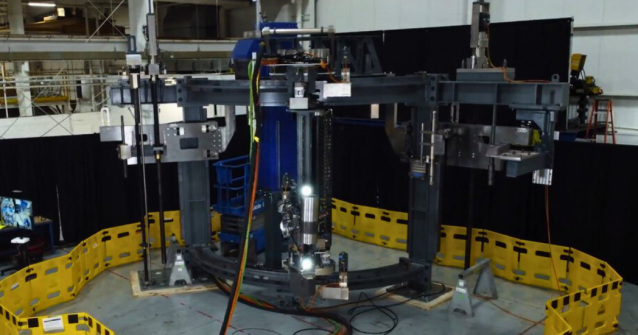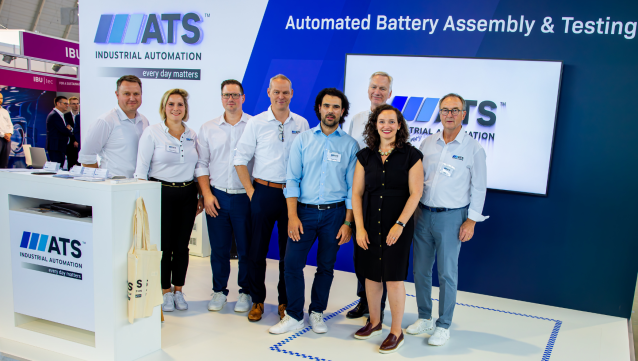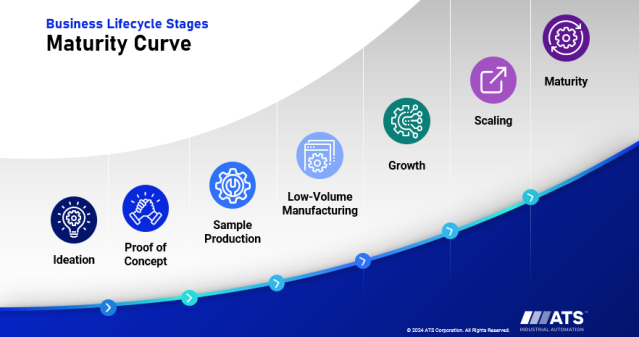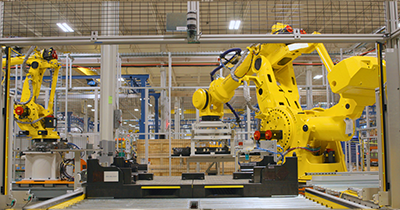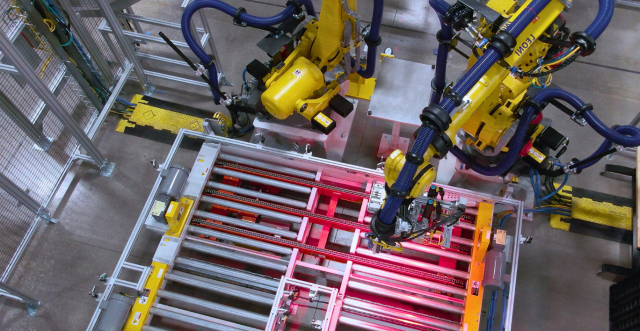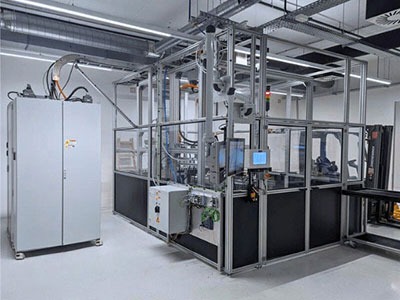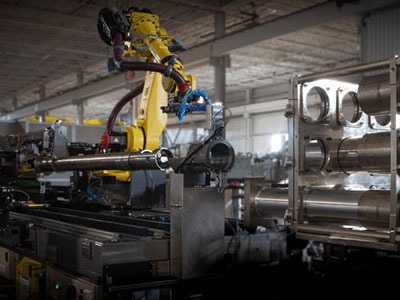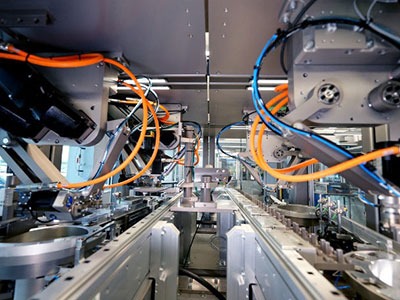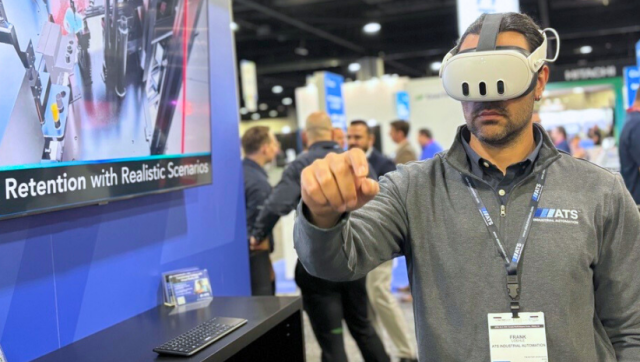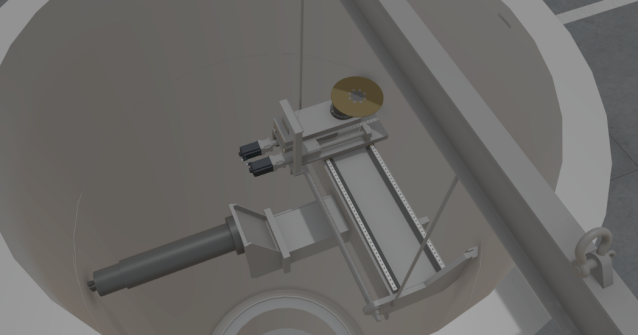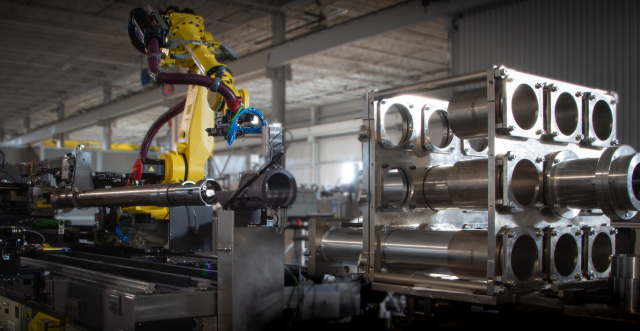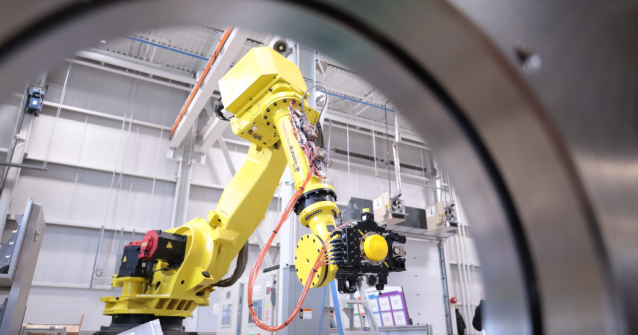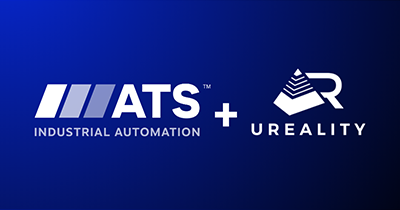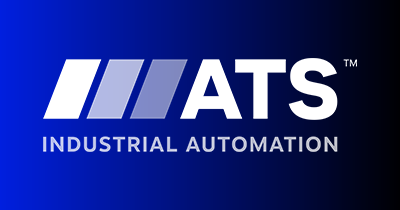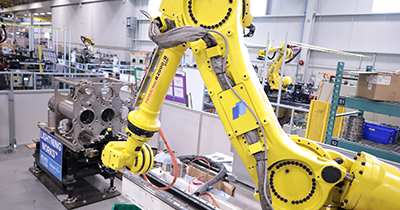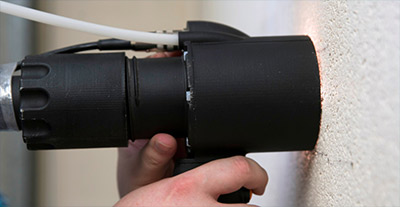While Taylor Swift has certainly made a global impact—generating over $4.6 billion in consumer spending in the United States alone—she has yet to enter the industrial manufacturing space. However, that doesn’t mean some of her lyrics don’t contain important ideas that can be applied to industrial automation.
From initiating early conversations with an automation partner (are you ready for it?) to adapting to changes in a competitive landscape, startups must plan ahead, design with manufacturing in mind, and prove out their product to build confidence among stakeholders and customers. Read on for more tips inspired by TSwift’s lyrics.
Baby Let the Games Begin
From: …Ready For It?
In the words of Taylor Swift’s song …Ready For It?, “Baby let the games begin,” addresses the start of the manufacturing and assembly process, which kicks off by initiating conversations with an automation partner about engineering studies or design for manufacturability (DFM). Manufacturers often face significant challenges when they develop production processes or implement automation equipment during the product development phase. These challenges include managing design changes, ensuring compatibility with existing systems, and meeting tight timelines. An automation supplier can provide invaluable support by offering expertise in DFM, conducting thorough engineering studies, and ensuring the manufacturing process is efficient and scalable. Collaborating with an experienced partner helps mitigate risks, reduce critical costs, and ensure a smooth product launch.
You Play Stupid Games and Win Stupid Prizes
From: Miss Americana & the Heartbreak Prince
Taylor Swift’s lyrics “You play stupid games and win stupid prizes” from Miss Americana & the Heartbreak Prince perfectly encapsulate the pitfalls of making product design changes after building or starting to design manufacturing equipment. Such changes can lead to significant delays, since the equipment may need to be re-engineered or rebuilt to accommodate the new design. This also extends the time required to bring the product to market and increases automation equipment costs. The team must carefully plan and finalize product designs before initiating manufacturing to avoid these costly, time-consuming setbacks. After all, you don’t want to pick up the pieces of the mess you made.
You Need to Calm Down
From: You Need to Calm Down
In the spirit of this favorite Taylor Swift song, it’s essential to remember that seeking help is not a sign of weakness. Rather, it’s a strategic move. Manufacturers must understand that asking for assistance when developing a new product is perfectly acceptable—and often necessary. Designing for manufacturability (DFM) is crucial to ensure the product can be efficiently and cost-effectively produced at scale. The challenges faced in this process are significant, but manufacturers don’t have to navigate them alone. An experienced automation partner can provide industry know-how and guidance to help streamline the process and mitigate potential risks. This collaboration ensures the product development journey is more successful in the long term.
Strategy Sets the Scene for the Tale
From: Mastermind
In Taylor Swift’s song Mastermind, the lyrics “Strategy sets the scene for the tale.” A lack of strategy may result in a botched launch, which is why manufacturers need a plan and a strategy for product launching and scaling manufacturing. These ideas highlight the importance of design for manufacturability (DFM). This approach is crucial because it focuses on designing a product compatible with the manufacturing process. This proactive effort helps teams identify and address potential production issues early on. By minimizing costly redesigns and production delays, manufacturers can create a more efficient, profitable assembly process.
Teams that incorporate DFM principles better prepare their product for lasting success, as it becomes easier to produce at scale and meet customer demand. DFM also helps maintain high quality, reducing the likelihood of defects and improving reliability. Furthermore, DFM facilitates easier and faster assembly, which can significantly reduce labor costs and downtime, ultimately leading to sustained market competitiveness.
If You Fail to Plan, Then You Plan to Fail.
From: Mastermind
The lyrics “If you fail to plan, then you plan to fail” from the Taylor Swift song Mastermind highlight the critical importance of planning ahead in the manufacturing process. Without proper planning and the use of resources like proof of principle (POP) studies, there’s a high risk of timeline delays and incurring additional costs due to unexpected issues. POP studies play a crucial role in validating the design by identifying challenges early and allowing engineers to make adjustments before full-scale manufacturing begins.
POP studies also provide valuable insights that can guide the team to optimize production workflows and improve efficiency. Additionally, these studies reveal whether the product performs as expected, which is crucial for maintaining customer satisfaction.
You Wouldn’t Last an Hour in the Asylum Where They Raised Me
From: Who’s Afraid of Little Old Me?
Reflecting the lyrics “You wouldn’t last an hour in the asylum where they raised me” from Taylor Swift’s song Who’s Afraid of Little Old Me?, industrial manufacturing is an incredibly challenging field that evolves daily. The industry faces high-cost pressures due to the constant need for innovation and increased productivity. More, technical leaders are under immense pressure to deploy and run equipment effectively, making their roles highly demanding. In this competitive field, a resilient automation partner can withstand the pressure and guide both startups and legacy facilities as they navigate manufacturing complexities along the way. Experts at ATS Industrial Automation bring know-how, reliability, and support, ensuring that even when challenges arise, manufacturers can stay on track to deliver a successful product.
Every project is unique. Allow us to listen to your challenges and share how automation can launch your project on time.

Joe Brown
Business Development Specialist
ATS Industrial Automation
Joe helps companies of all kinds to automate and scale production using bespoke automated assembly, test, and conveyance systems.





